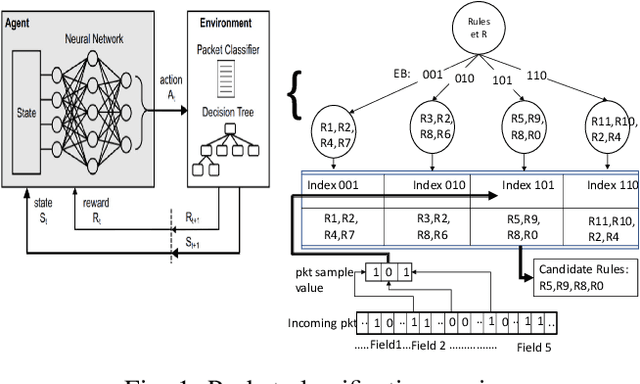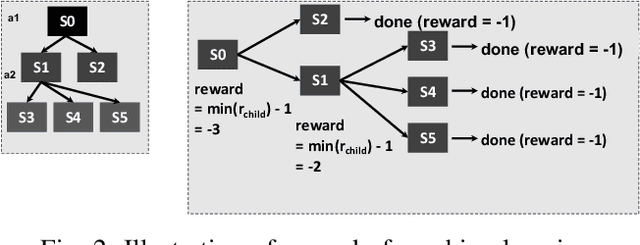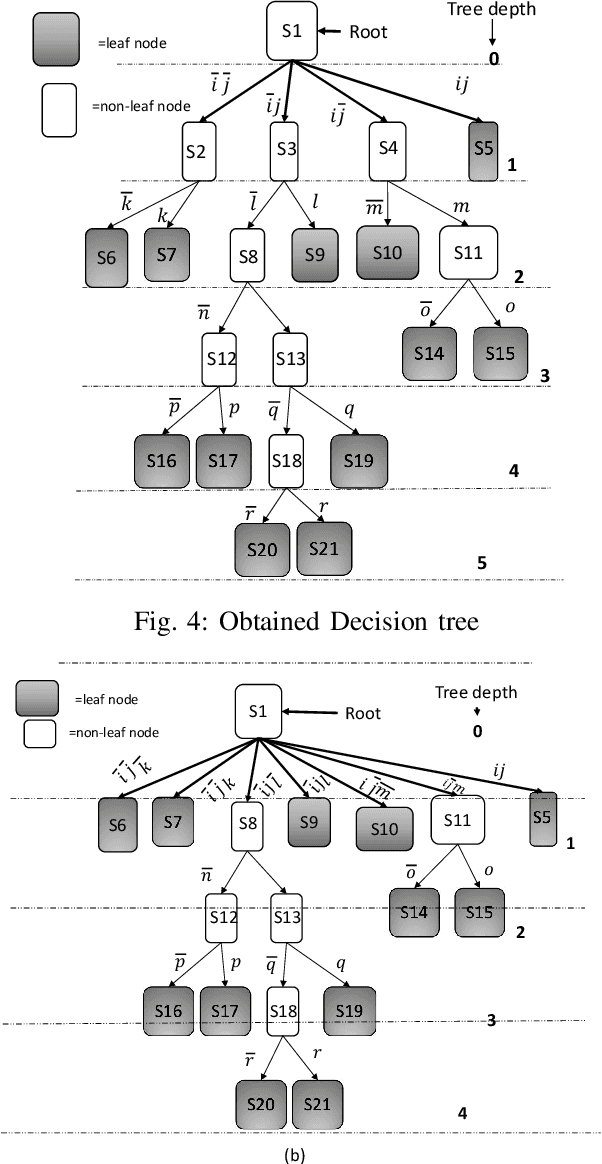Hasibul Jamil
A Reinforcement Learning Approach to Optimize Available Network Bandwidth Utilization
Dec 01, 2022



Abstract:Efficient data transfers over high-speed, long-distance shared networks require proper utilization of available network bandwidth. Using parallel TCP streams enables an application to utilize network parallelism and can improve transfer throughput; however, finding the optimum number of parallel TCP streams is challenging due to nondeterministic background traffic sharing the same network. Additionally, the non-stationary, multi-objectiveness, and partially-observable nature of network signals in the host systems add extra complexity in finding the current network condition. In this work, we present a novel approach to finding the optimum number of parallel TCP streams using deep reinforcement learning (RL). We devise a learning-based algorithm capable of generalizing different network conditions and utilizing the available network bandwidth intelligently. Contrary to rule-based heuristics that do not generalize well in unknown network scenarios, our RL-based solution can dynamically discover and adapt the parallel TCP stream numbers to maximize the network bandwidth utilization without congesting the network and ensure fairness among contending transfers. We extensively evaluated our RL-based algorithm's performance, comparing it with several state-of-the-art online optimization algorithms. The results show that our RL-based algorithm can find near-optimal solutions 40% faster while achieving up to 15% higher throughput. We also show that, unlike a greedy algorithm, our devised RL-based algorithm can avoid network congestion and fairly share the available network resources among contending transfers.
Multibit Tries Packet Classification with Deep Reinforcement Learning
May 17, 2022



Abstract:High performance packet classification is a key component to support scalable network applications like firewalls, intrusion detection, and differentiated services. With ever increasing in the line-rate in core networks, it becomes a great challenge to design a scalable and high performance packet classification solution using hand-tuned heuristics approaches. In this paper, we present a scalable learning-based packet classification engine and its performance evaluation. By exploiting the sparsity of ruleset, our algorithm uses a few effective bits (EBs) to extract a large number of candidate rules with just a few of memory access. These effective bits are learned with deep reinforcement learning and they are used to create a bitmap to filter out the majority of rules which do not need to be full-matched to improve the online system performance. Moreover, our EBs learning-based selection method is independent of the ruleset, which can be applied to varying rulesets. Our multibit tries classification engine outperforms lookup time both in worst and average case by 55% and reduce memory footprint, compared to traditional decision tree without EBs.
* 6 pages. arXiv admin note: text overlap with arXiv:2205.07973
Many Field Packet Classification with Decomposition and Reinforcement Learning
May 16, 2022



Abstract:Scalable packet classification is a key requirement to support scalable network applications like firewalls, intrusion detection, and differentiated services. With ever increasing in the line-rate in core networks, it becomes a great challenge to design a scalable packet classification solution using hand-tuned heuristics approaches. In this paper, we present a scalable learning-based packet classification engine by building an efficient data structure for different ruleset with many fields. Our method consists of the decomposition of fields into subsets and building separate decision trees on those subsets using a deep reinforcement learning procedure. To decompose given fields of a ruleset, we consider different grouping metrics like standard deviation of individual fields and introduce a novel metric called diversity index (DI). We examine different decomposition schemes and construct decision trees for each scheme using deep reinforcement learning and compare the results. The results show that the SD decomposition metrics results in 11.5% faster than DI metrics, 25% faster than random 2 and 40% faster than random 1. Furthermore, our learning-based selection method can be applied to varying rulesets due to its ruleset independence.
* 13 pages, published in IET Netw. arXiv admin note: substantial text overlap with arXiv:1902.10319 by other authors
 Add to Chrome
Add to Chrome Add to Firefox
Add to Firefox Add to Edge
Add to Edge